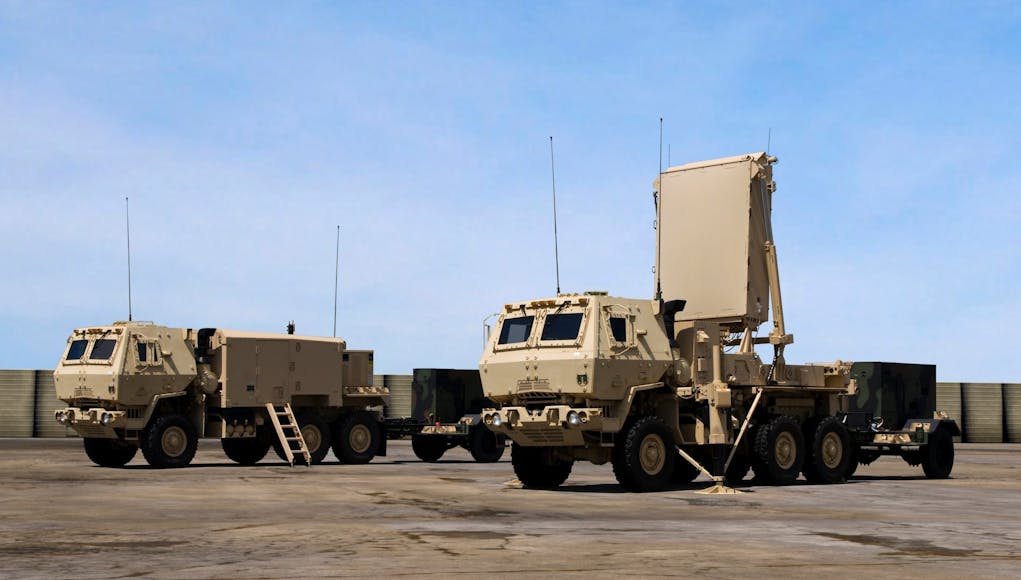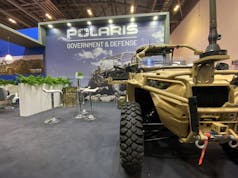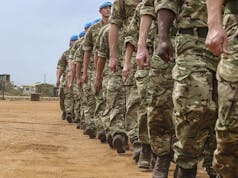The US State Department has approved the sale of AN/TPQ-53(V) radar systems and related support to Saudi Arabia.
The estimated cost is $662 million. The Defense Security Cooperation Agency delivered the required certification notifying Congress of this possible sale today:
“The Government of the Kingdom of Saudi Arabia has requested a possible sale of twenty-six (26) AN/TPQ-53(V) Radar Systems to include Solid State Phased Array Radar with KN-4083 Selective Availability Anti-Spoofing Module (SAASM) enhanced Land/Sea Inertial Navigation System (INS) and automatic leveling system; Eight hundred and forty (840), M931, 120mm Projectiles with M781 fuzes (for live fire exercise).
Two thousand, two hundred and forty (2,240), M107, 155MM Projectiles with M557 fuzes (for live fire exercise); Single Channel Ground and Airborne Radio Systems (SINCGARS) and accessories; Defense Advanced Global Positioning System (GPS) Receiver (DAGR) equipment and accessories; Miltope laptops and accessories; Medium Tactical Vehicles FMTV M1092 5-ton trucks/chassis with support and accessories.
Also included is software support; support equipment; classroom simulators; government furnished equipment; technical manuals and publications; essential spares and repair parts; consumables; live fire exercise and ammunition; tools and test equipment; training; transportation; U.S. Government technical support and logistic support; contractor technical support; repair and return support; quality assurance teams; in-country Field Service Representative (FSR) and other associated equipment and services.”
The agency say that the sale will contribute to the foreign policy and national security objectives of the United States by ‘helping to improve the security of an important partner which has been and continues to be a leading contributor of political stability and economic growth in the Middle East’.
Saudi Arabia reportedly intends to use these radars to support its border security requirements and modernise its armed forces with a more current capability to locate and counter the source of incoming ballistic artillery, rockets, and mortars.







I worked on a contract for the UK government to supply artillery locating equipment, including cymberline mortar locating radars. After two years of hard work by the UK team of instructors and engineers the Saudis didn’t have a clue how to use the equipment properly.
Ok in the classroom, but trying to use it in simulated battlefield conditions they very poor.
The poor performance of the Saudi military in Yemen conflict is of no surprise to me. The terrain of that area of KSA is mountainous and difficult to manoeuvre, plus plenty of rain in the summer months.